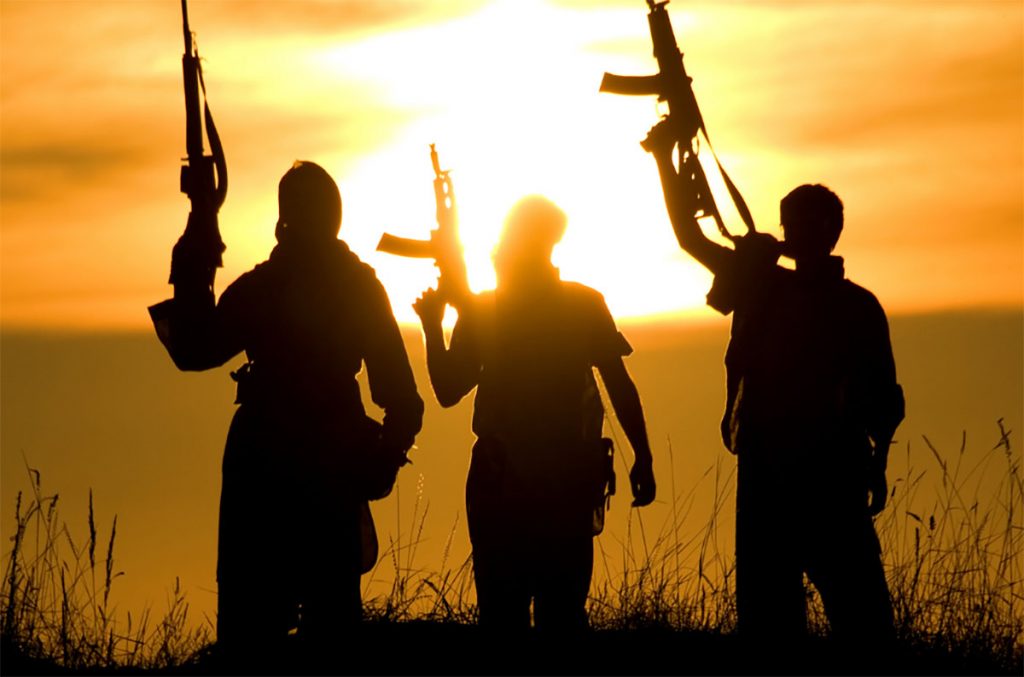
While states have a duty to be impartial and give a fair chance to allow all humans to prove their protection needs, the foreign terrorist fighters are more likely to be returned because of the prejudicial assertion linked to their past terrorist activities, say the authors.
Authors
Abhinav Mehrotra, Lecturer, Jindal Global Law School, O.P. Jindal University, Sonipat, Haryana, India
Chhaya Bhardwaj, Jindal Global Law School, O.P. Jindal University, Sonipat, Haryana, India
Summary
Writing specifically within International Law, the issue of terrorism has beenextensively discussed, but the need of the hour is to throw light on the actors that are involvedin such crimes and the reason behind them getting involved. One such group of actors areForeign Terrorist Fighters (FTFs), and the issues surrounding them assume significance in thelight of their return1 to countries of origin.
Seen in this light, the countries with authoritarian regimes that violate civil liberties and political rights provide impetus to the individuals to become FTFs. In simple terms, the FTFsare defined underU.N Security Council Resolution 21782 as individuals who travel to a Stateother than their States of residence or nationality for the purpose of“the perpetration, planning,or preparation of, or participation”in, terrorist acts or the providing or receiving of terroristtraining, including in connection with armed conflict.
Historically, foreign fighters have participated in many armed conflicts worldwide,includingAfghanistan,Bosnia,Tajikistan, the North Caucasus, andIraq. However, it wasthe civil war inSyria that started with the pro-democracy protests in March 2011 against thegovernment ofBashar al-Assadthat further strengthened theIslamic State of Iran and Syria (ISIS). Fighters from other repressive regimes also joined the fight as they felt sympathetic toSyrian rebels. As a result, ISIS has attracted numerous foreign fighters from countries3 withhigh percentages of young, unemployed, at times excluded Muslim populations. What needsto be understood is thatISIS has attracted these fighters in the name of being loyal citizens ofthe Caliphate.
To further understand the characteristics of the countries from where the FTFsoriginate, it is essential to investigate each of the above-mentioned issues. With the increase in poverty, the feeling of helplessness develops a desire to leave the country. Furthermore, havinglimited access to governance, education, and economic advancement may lead to isolation andresult in a desire to join a conflict that is supposedly fighting for a cause.
Published in: Scribd
To read the full article, please click here


